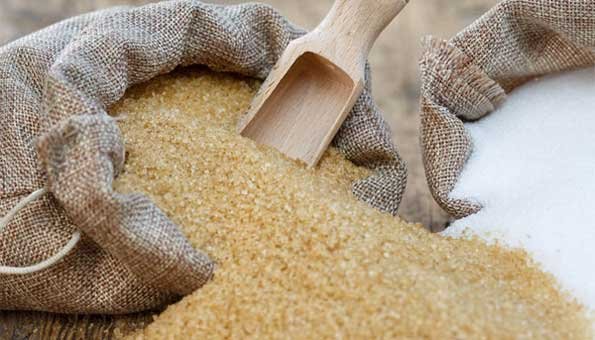After decades of battling sugar shortages and price surges, Tanzania has finally achieved self-sufficiency — and for the first time in its history, the nation has begun exporting sugar to international markets.
The achievement marks a major breakthrough for the country’s long-troubled sugar industry and a significant step toward economic independence.
According to the Sugar Board of Tanzania, the country has exported about 85,000 tonnes of sugar, generating approximately $72 million in foreign earnings. This milestone reflects years of government reforms and private-sector investments aimed at stabilizing domestic supply and strengthening industrial output.
For years, Tanzanians endured periodic sugar crises, especially between March and May when local factories paused operations for maintenance and heavy rainfall reduced the sucrose levels in sugarcane. During these lean months, the nation depended heavily on imported sugar to fill the gap. The situation reached a critical point in early 2024, when prices skyrocketed to between Sh6,000 and Sh10,000 per kilogramme, prompting swift intervention from authorities.
In response, the government directed the National Food Reserve Agency to begin purchasing and stockpiling sugar — a move that helped cushion the market against further shocks. Now, officials say those emergency measures have paid off.
SBT Director General Professor Kenneth Bengesi confirmed that domestic sugar production has officially surpassed national consumption levels for the first time. With annual demand averaging around 550,000 tonnes, this year’s total output has already exceeded 600,000 tonnes, allowing Tanzania not only to meet local needs but also to export the surplus.
Also Read; High-Speed Train Derails Near Ruvu Station, Services Disrupted
Two factories are also set to start producing industrial sugar — the refined type used in manufacturing food, beverages, and pharmaceuticals — a segment that still relies heavily on imports. The annual demand for industrial sugar stands at nearly 300,000 tonnes, meaning this new investment could further reduce dependency on foreign suppliers.
Economic analysts have described the development as a “game-changer.” They note that it will stabilize local prices, preserve foreign currency reserves, and boost employment opportunities throughout the value chain. However, experts warn that seasonal challenges — such as erratic rainfall and sugarcane quality fluctuations — still need to be managed carefully to sustain growth.
The government now aims to strengthen sugar reserves, expand processing capacity, and attract more investment into the sector. Observers see this achievement as part of Tanzania’s broader drive for industrialization and self-reliance, echoing national efforts to boost agricultural productivity and regional trade competitiveness.







